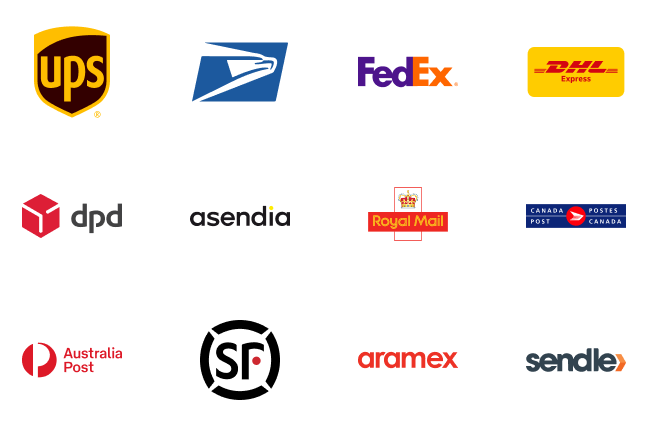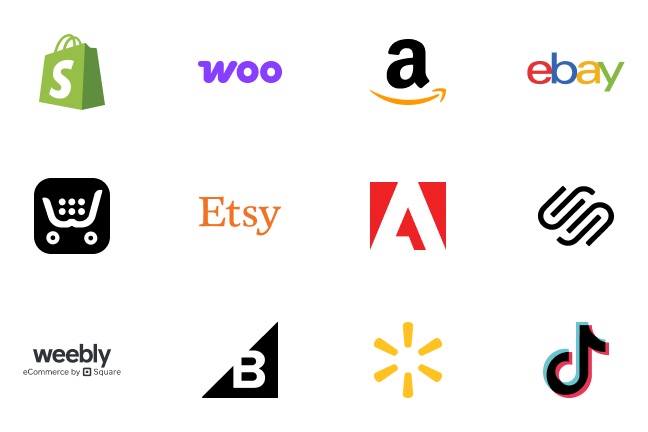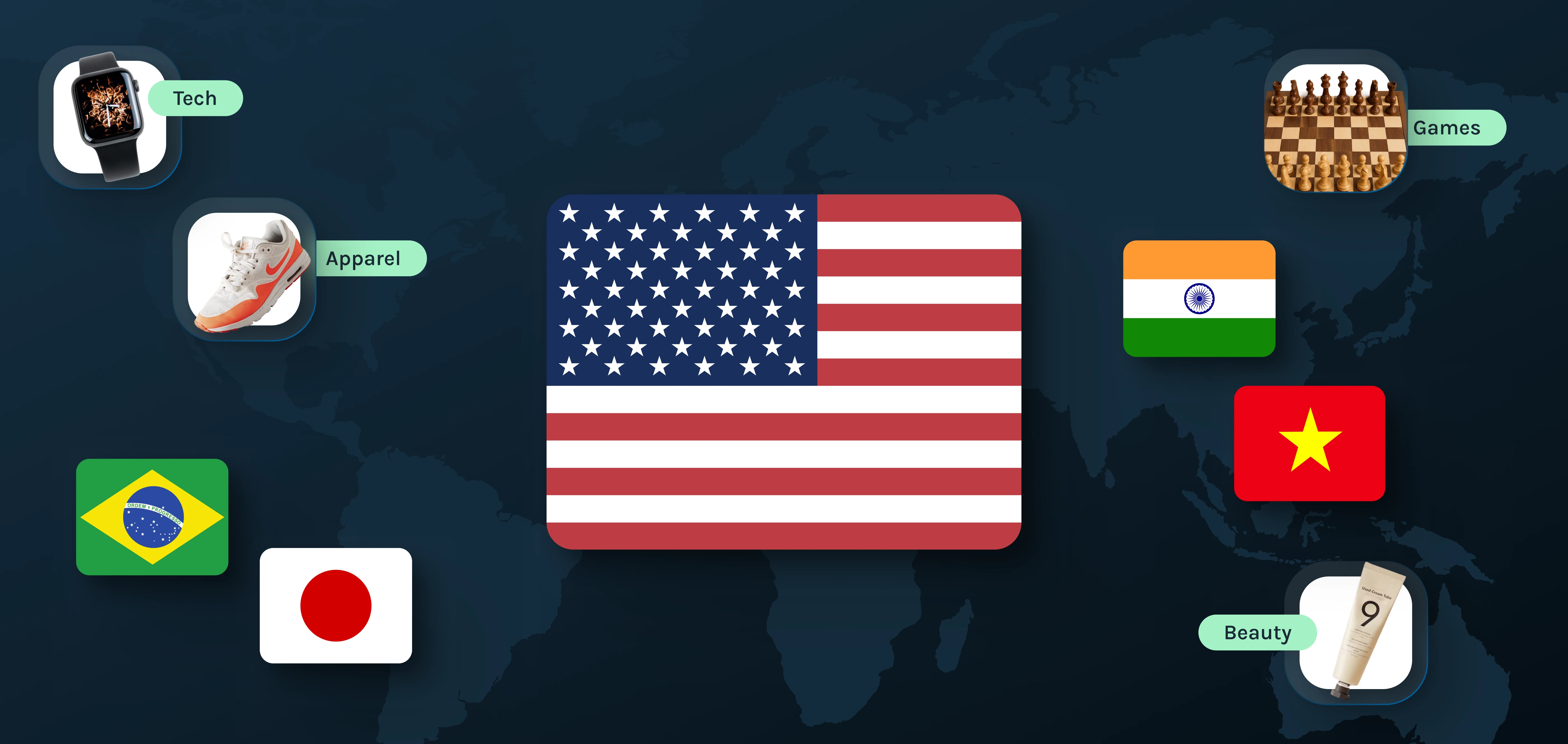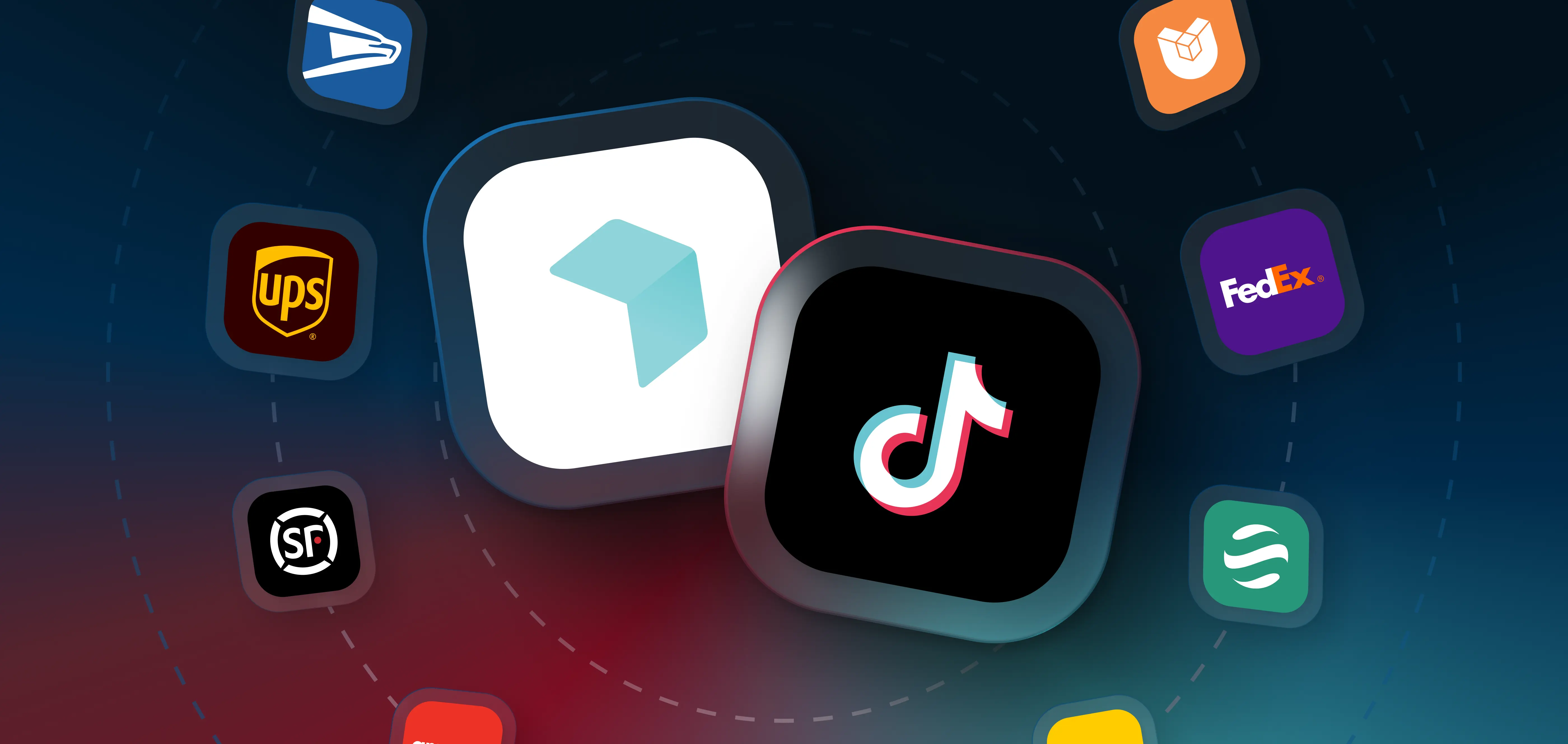As an eCommerce business owner, you need a platform that makes running your business easier. A partner that takes care of the tiny aspects so that you can focus on growing. Shopify and Etsy are the giants that have taken up a lion’s share in the market, thanks to their popularity and growth over the years. Much has been talked about which one is better.
However, there is no right answer to that.
It is likely that one platform might not be the most ideal option even though it may seem like it. Which is why, it is necessary for you to weigh the pros and cons of Shopify and Etsy, comb through their features and place them next to your business goals.
This blog dives into the costing, integrations, ease of use, security, support and so many other features that you may need to keep the rails on the track.
Shopify vs. Etsy, let’s get started!
Shopify Vs. Etsy: Considerations for the comparison
Before we start with the list, we wanted to highlight some of the pointers we and our customers at Easyship brought to the table regarding the Shopify vs. Etsy debate.
Shopify is an all in one commerce platform and Etsy is an online marketplace, a distinction that adds a new twist to the comparison debate.
However, the following considerations cannot be excluded from the discussion of choosing between Shopify and Etsy.
- Costing
- Ease of Use / User Friendliness
- Setting Up
- Integrations
- Best for eCommerce templates
- Sales features
- POS integrations
- Reporting features
- Help and Support
- Security
- SEO and Marketing Tools
How is Shopify Different from Etsy?
If you're starting an online store or looking to grow your handmade or unique products business, you’ve likely come across two of the biggest names in the space: Shopify and Etsy. While both platforms help you sell online, they work very differently. So, which one is right for you?
The biggest difference between Shopify and Etsy is ownership and control.
Shopify is a standalone eCommerce platform. You build your own website, control the branding, and manage the customer experience from end to end. You also have to bring your own traffic.
Etsy is an online marketplace, like Amazon or eBay. It brings in around 500 million monthly visitors, and shoppers are already browsing. Your products can be discovered even if you don’t do much marketing.
👉 Think of Shopify as your own boutique shop. Etsy is like renting a stall in a busy marketplace.
Let’s break down the key differences.
1. Ease of Getting Started
Etsy is the easier option for beginners. Listing products is quick and simple—similar to posting on eBay. The platform also offers helpful guides and tips throughout the setup.
Shopify takes more effort upfront. You’ll need to design your store, set up product pages, and connect apps if needed. That said, Shopify is user-friendly and doesn’t require coding. There's extensive support and tutorials to guide you through.
2. Customization Options
Shopify gives you full creative control. Choose from hundreds of professional themes (many free), and add functionality with thousands of apps—whether it’s email marketing, upselling, or subscription services.
Etsy offers very limited customization. Your store page will look similar to every other shop, even if you're a premium seller.
If branding and customer experience matter to your growth strategy, Shopify wins here.
3. Pricing & Fees
Let’s talk numbers.
Etsy Costs:
| Fee Type |
Amount |
Notes |
| Listing Fee |
$0.20 |
Per item |
| Transaction Fee |
6.5% |
|
| Payment Processing |
~3% + $0.25 |
|
| Total Fees |
~10% |
Per sale |
| Best For |
|
Sellers with low monthly volume or those testing the waters |
Shopify Costs:
| Fee Type |
Amount |
Notes |
| Monthly Fee |
$29.00 |
Starts at for the Basic plan |
| Payment Processing |
~3% |
|
| Listing Fee |
$0.00 |
No listing fees |
| Transaction Fee |
$0.00 |
No transaction fees |
| Total Fees |
~10% |
Per sale |
| Best For |
|
Sellers making $300–$500+ per month, where the flat fee becomes more cost-effective |
4. Integrations
Shopify members who have Shopify Plus have access to the integrations that follow a plug-n-play model. They can integrate existing systems like ERP and CRMs with the Shopify APIs and SDKs. This integration allows automation from the simplest to the most complex tasks within minutes.
Psst! Did you know that you can integrate your Shopify store with Easyship and unlock the multi-carrier shipments feature for your business?
Etsy also allows you to integrate with other solutions like Quickbooks but the process is a little difficult to come by, with not much support material around to help you.
Verdict: So in this case, Shopify takes the integration cake!
5. Point of Sale (POS) Support
Shopify offers built-in POS features that allow you to sell in-person and sync your online and offline inventory in real time. This is ideal if you sell at pop-ups, retail stores, or events and want a unified system.
Etsy, on the other hand, doesn’t have native POS functionality. You’ll need to rely on third-party apps (like Square) to manage in-person sales, and syncing inventory can be inconsistent.
Verdict: Shopify wins for businesses with both online and offline sales needs.
6. Reporting Features
Shopify provides robust analytics even on the Basic plan, with deeper insights available as you move up tiers. You can track sales trends, customer behavior, abandoned carts, and more. Each report has been categorized into several granular information that gives a lowdown on all the aspects of the activities. For instance, in the sales reports, business owners c
Etsy’s reporting is more limited. While it provides basic stats like views, favorites, and orders, deeper insights require upgrading to Etsy Plus or using external tools.
Verdict: Shopify gives you better visibility and data to make smarter decisions.
7. Help & Support
Shopify offers 24/7 support through chat, email, and phone. Their help center is extensive, and there’s a large community forum. Plus, Shopify Experts can be hired for extra help.
Etsy offers email support and a knowledge base, but real-time help options are limited. Etsy also moderates disputes between buyers and sellers, which can sometimes add friction.
Verdict: Shopify offers more comprehensive and accessible support.
8. Security
Both Shopify and Etsy are secure platforms. Shopify is PCI DSS compliant, offers SSL certification, and ensures customer data is protected. As you’re running your own store, you’re responsible for keeping it secure with strong passwords, apps, and plugins.
Etsy handles security on your behalf. Since it’s a hosted marketplace, there’s less you need to do, which is ideal for beginners.
Verdict: Tie. Shopify gives you control; Etsy gives you peace of mind with built-in protection.
9. SEO & Marketing Tools
Shopify gives you control over SEO basics like meta titles, descriptions, and URLs. You can also install apps for abandoned cart recovery, email campaigns, referral programs, and loyalty features.
Etsy’s SEO is internal to the platform. You optimize for Etsy search, not Google. Marketing is limited to paid Etsy ads, sales events, and some email tools.
Verdict: Shopify wins for long-term SEO and growth marketing potential.
Who Should Use Each Platform?
Here’s a quick breakdown of who each platform is best suited for:
| Courier |
Total Delivery Time |
Total Cost |
| UPS 2nd Day Air® |
2 working days |
$14.20 |
| UPS 2nd Day Air A.M.® |
2 working days |
$23.40 |
Final Thoughts
Shopify vs. Etsy isn’t a battle—it’s a strategy decision.
If you’re just starting out and want to test demand with minimal effort, Etsy is a great launchpad. If you’re aiming for long-term growth, brand control, and higher margins, Shopify gives you the tools to scale.
And if you’re serious about eCommerce success, you may find that using both platforms together is the smartest move.
Pro Tip: Many successful sellers start on Etsy, validate their products, and then expand to Shopify to grow their brand.
Shipping costs can cut into margins on Shopify or Etsy. Easyship integrates with both to offer discounted courier rates, automated fulfillment, and global tools—helping you stay competitive.
Get savings up to 91%
FAQs
Is it better to sell on Shopify or Etsy?
It depends—Etsy is a marketplace with built-in traffic but high competition. Shopify gives you full control, branding, and scalability but requires you to drive your own traffic.
Can you make $10,000 a month on Etsy?
Yes, but it’s rare. Success depends on high demand products, consistent marketing, and managing Etsy’s fees. Scaling is often easier on Shopify.
Shopify vs. Etsy, which is better for artists?
Etsy is better for discovery since buyers search for handmade and art directly. Shopify is better if you want to build your own branded store and grow long-term.
How is Shopify vs. Etsy for beginners?
Etsy is easier to start with—low upfront cost and instant exposure. Shopify requires more setup but offers better growth potential.
Explain Shopify vs. Etsy vs. WooCommerce
Etsy = marketplace traffic, Shopify = simple all-in-one store builder, WooCommerce = flexible but requires WordPress skills and more technical setup.
What is Shopify vs. Etsy fees?
Etsy charges listing fees + transaction fees (~6.5% + payment processing). Shopify charges a monthly plan + transaction fees, but no listing fees.
Should I start my business on Etsy or Shopify?
Start on Etsy if you want quick exposure with little upfront cost. Start on Shopify if you’re serious about building a scalable brand.
Is it cheaper to sell on Etsy or Shopify?
Etsy is cheaper upfront with pay-as-you-go fees. Shopify can be cheaper long-term if you sell at higher volumes.
Why choose Shopify over Etsy?
Shopify gives you full control over branding, customer data, and marketing—ideal for scaling your business beyond a marketplace.
Is Shopify better for ecommerce?
Yes, Shopify is built for ecommerce at scale. Etsy is a marketplace for discovery but limits branding and growth potential.















































.svg)
.svg)






.avif)
.avif)

.avif)
.avif)


.avif)


.avif)










.avif)
.avif)



.avif)
.avif)


.avif)
.avif)


.avif)










.svg)







